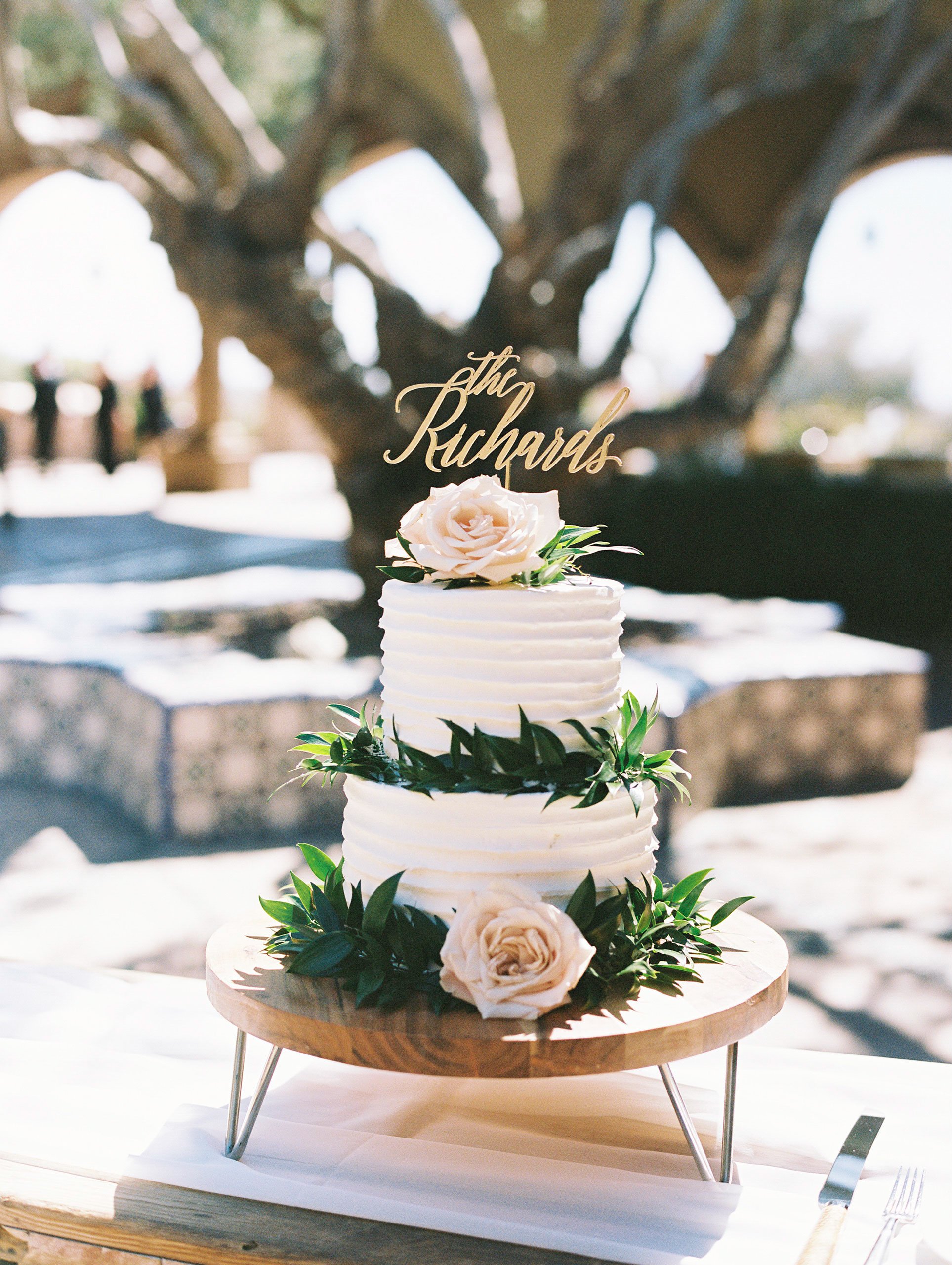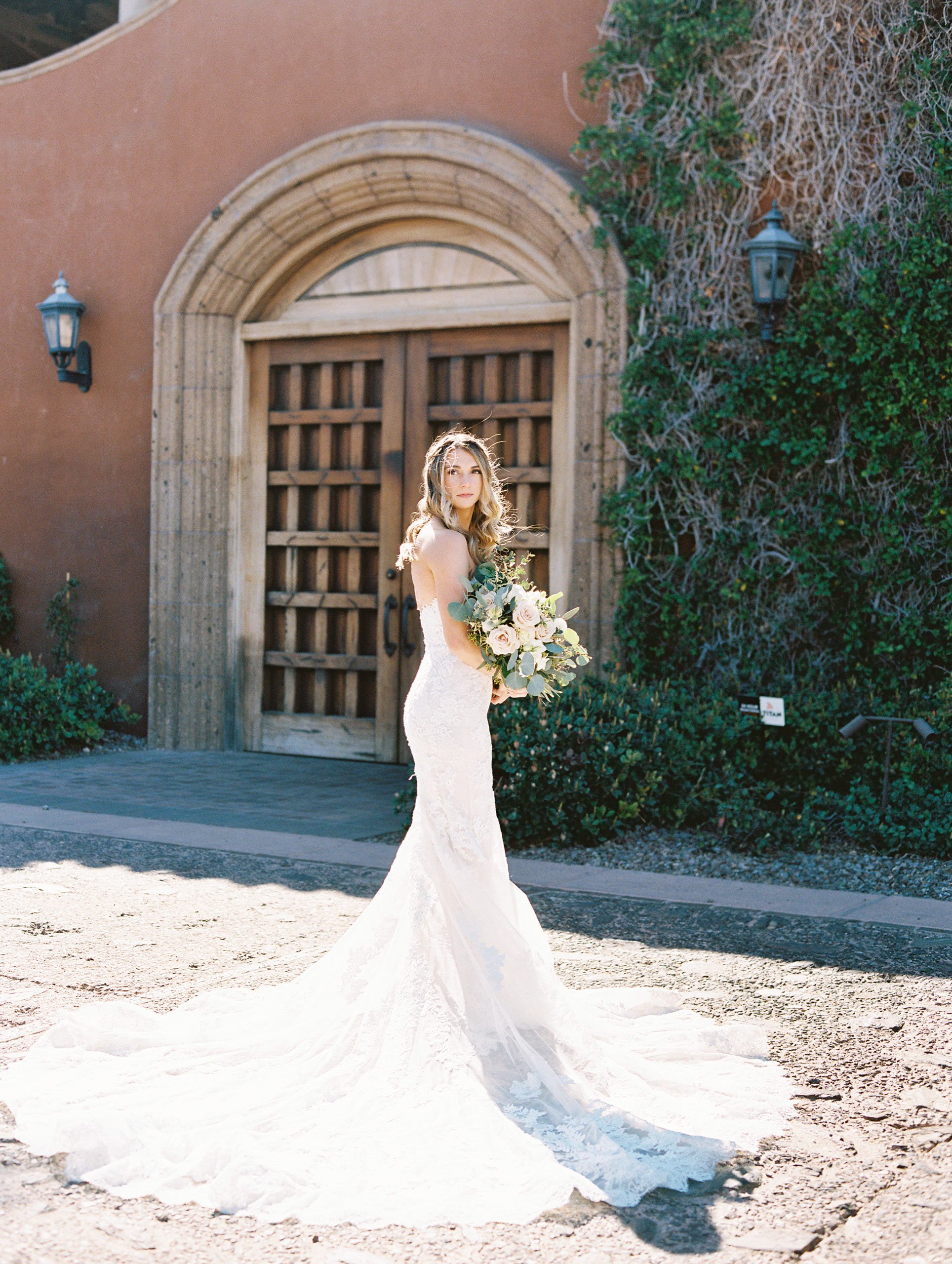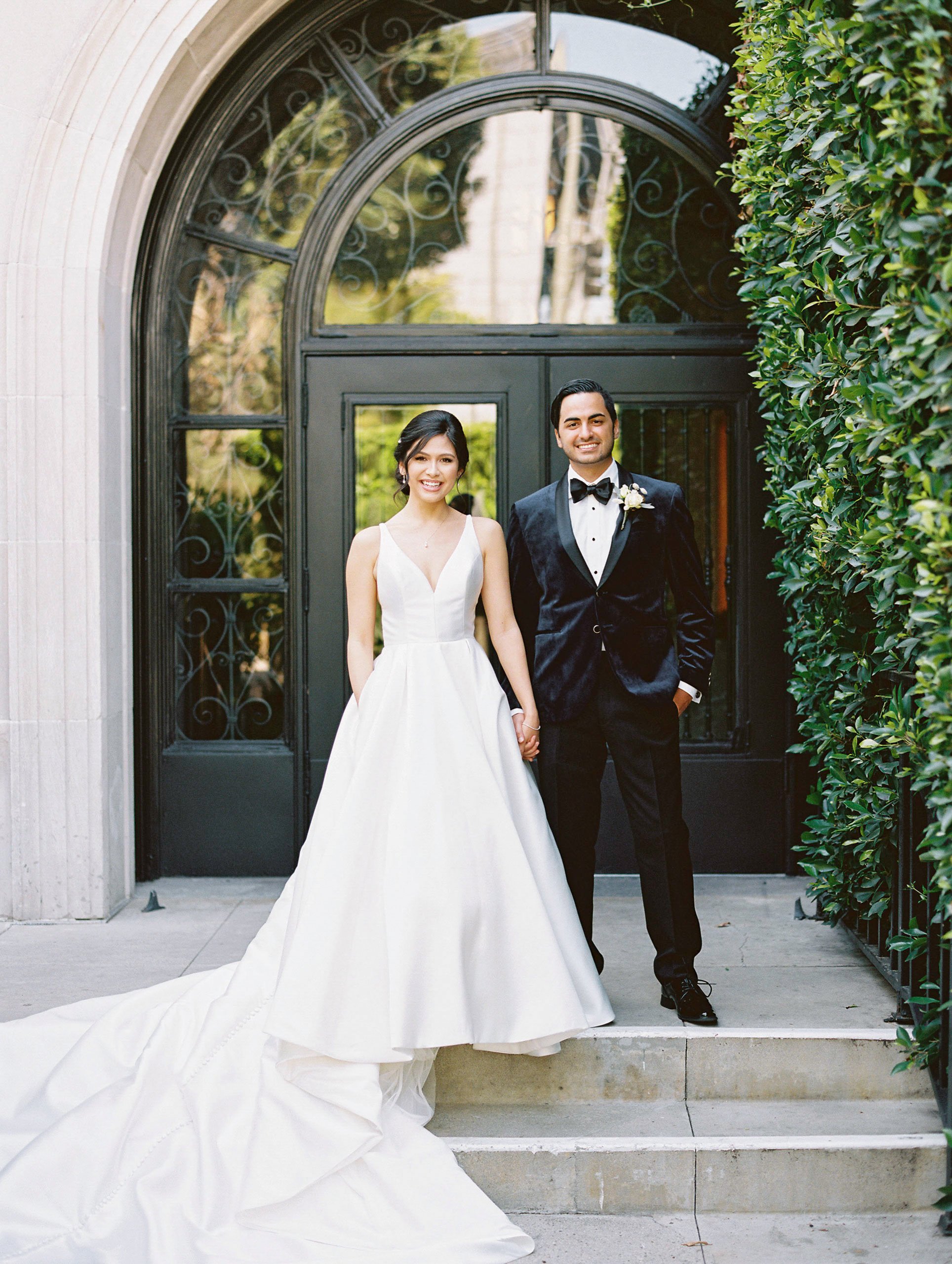For decades, film photography was all that was available. From 1913 to 1986, film was the industry standard for photographers worldwide.
Jump forward nearly 4 decades, and the options for photographers is endless. From the workhorse DSLRs to the latest and greatest mirrorless options, one would think that film is going to the wayside. And if you ask some, it may be yet. However, there are photographers across the globe working to keep film not only alive, but also relevant within the vast options of mediums available today.
From the one and done Kodak disposables that we all know, to the popular beginner SLRs such as the Canon AE-1 or Pentax K1000, all the way to the big guns like the Contax 645 - while film cameras may be no longer made, the options of ways to shoot film has not yet disappeared.
But many of us didn’t get the privilege of beginning our photography journeys with film - most of today’s modern shooters began on DSLR’s or point and shoot cameras. Working in reverse almost, to emulate our own styles to that of a revived but still small group of film photographers. Because let’s face it - there is something absolutely unmistakable about the magic of film imagery.
All of that said - learning a lost art can be a daunting task, and one of the first questions many new film shooters ask is regarding film stocks. Let’s take a look at a few various film stocks - from the warm, familiar Kodak tones to the brilliant cool tones of Fuji! Here at The Ginger Lab, your images can not only be edited to emulate film, but can be matched to your film scans too. So if you see something you love, don’t be afraid to try out a new film stock, ask for a specific look in your edits, or even begin your own film journey - the options are endless, the journey is yours.
So, for the love of film, don’t let the thought of film be too daunting for you.
Below are examples of Kodak Portra 400.




Below are examples of Fuji 400H.

















